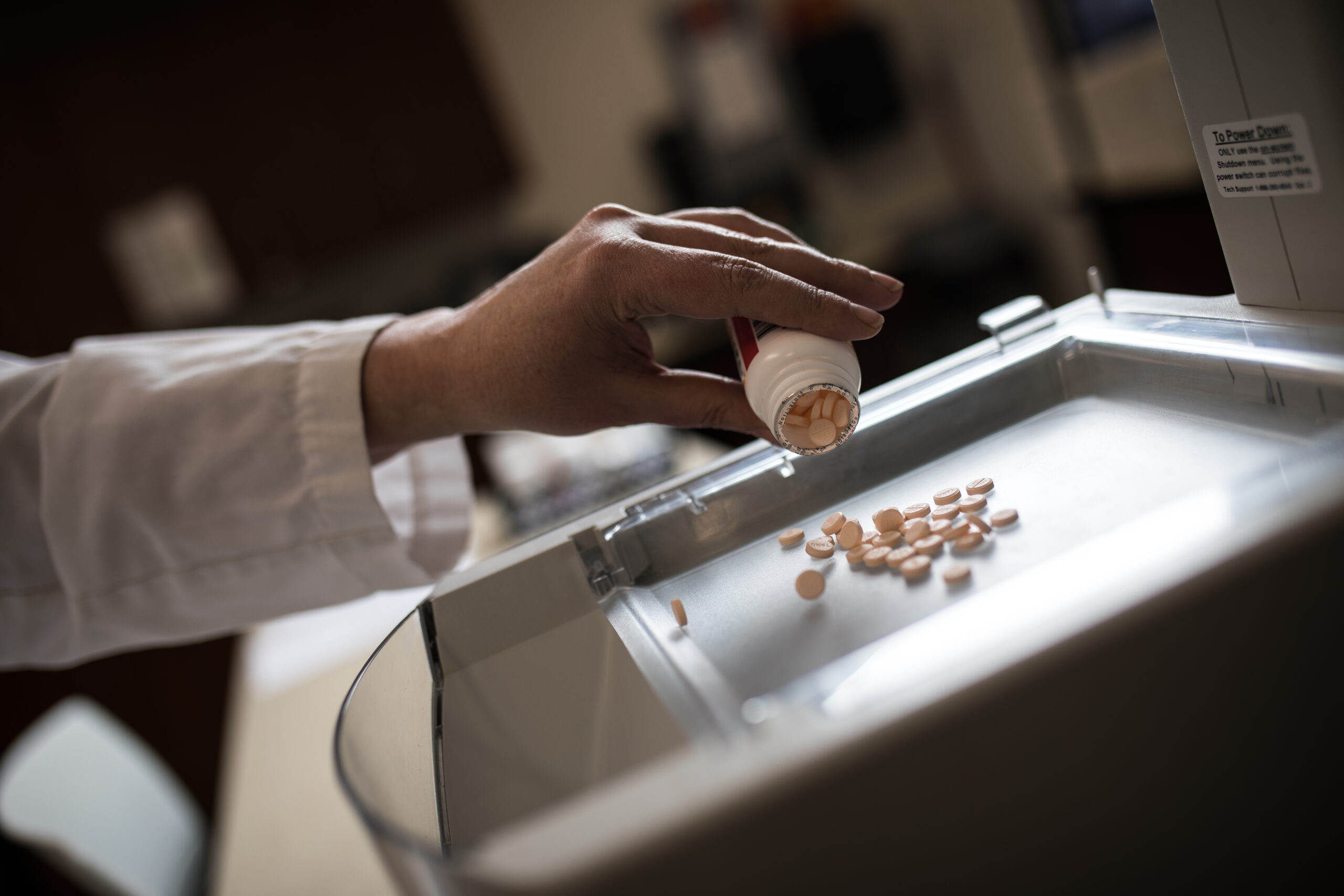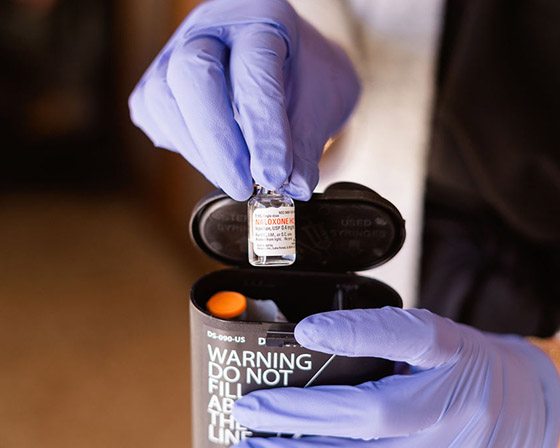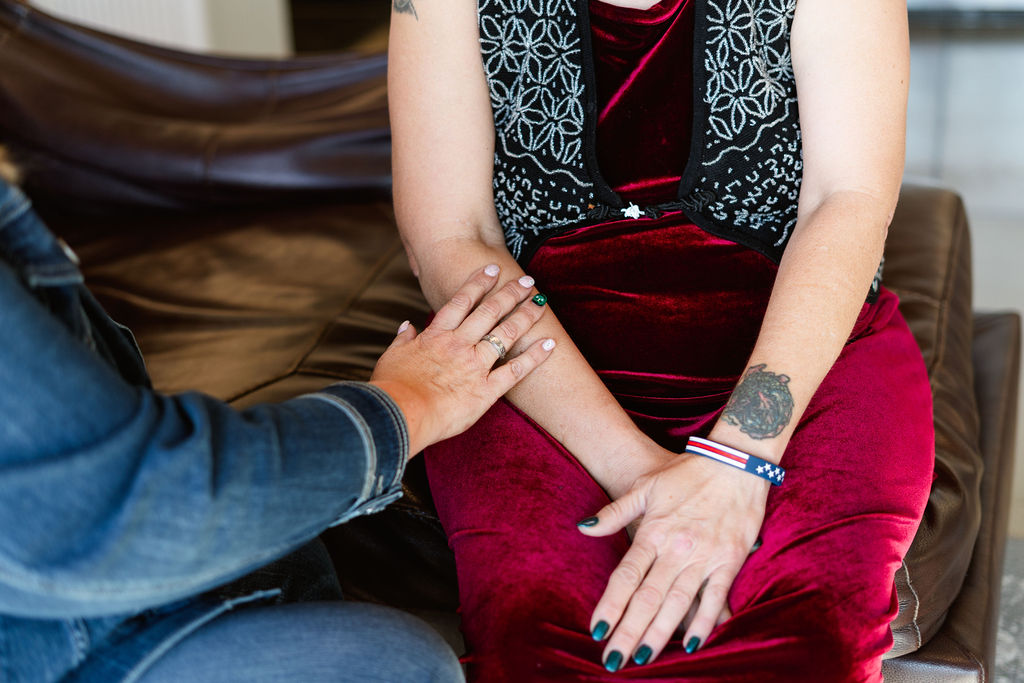Medication Assisted Treatment

The recovery journey
Medication Assisted Treatment (MAT) can be a helpful tool for treating addiction to opioids and alcohol when combined with counseling and behavior changes. At Northern Nevada HOPES (HOPES), our MAT program offers caring, team-based treatment to give you hope and improve your life as you work toward recovery. We accept Medicaid, most major health plans and, for those without insurance, we have a sliding fee scale that adjusts cost based on what you can afford. If you’re interested in receiving MAT, the first step is to attend orientation at HOPES 5th Street Clinic on a Thursday, 12pm (3rd floor community room), or call us at 775-737-1326.
About HOPES MAT Program
Addiction is a treatable, chronic medical disease involving the brain, genetics, the environment, and individual life experiences. Our program uses FDA-approved medications to treat substance use disorder and support recovery.
What is Medication Assisted Treatment?
Medication Assisted Treatment is the use of a medication to relieve withdrawal symptoms and cravings that can occur when a person stops using a substance such as opioids or alcohol. Medications can help stabilize brain chemistry and normalize bodily functions.
Our approach
Our whole-patient, team approach helps provide individuals with the tools they need for long-term recovery and success with significant positive impacts on their quality of life. MAT can be used along with therapy to help improve overall health and quality of life. We know that addiction treatment is complex and each person follows their own journey. At HOPES, recovery is individualized and we work with each patient to figure out the most effective treatment plan. Along with individualized care, our MAT program promotes personal responsibility, accountability, and connection with others in small group environments.
Our team offers:
1. Medication management
2. Integration mental health services — short-term therapy during medical clinic visits
3. Individual therapy
4. Group counseling
5. Peer support
6. Case management
Program goals
MAT can improve long-term recovery success and lead to better quality of life. MAT can help people rebuild relationships with their family and friends, and maintain steady employment and housing. Many people are not aware of the benefits of MAT because addiction treatment is often misunderstood. Discuss any questions or concerns you have with the treatment team.

Medications used in HOPES MAT program
These FDA-approved prescription medications diminish the effects of withdrawal symptoms and cravings for alcohol and opioids.
For Alcohol Use Disorder:
- Naltrexone: Vivitrol® (available in pill or injectable form)
- Disulfiram: Antabuse®
- Acamprosate Calcium: Campral®
For Opioid Use Disorder (opioids include heroin, Oxycodone, OxyContin, Percocet, Fentanyl, Morphine, Dilaudid, Norco, etc.)
- Buprenorphine: Suboxone®, Subutex®, Sublocade®, Brixadi®
(available in pill, film, and injectable form) - Naltrexone: Vivitrol®
Available in pill or injectable form.
What to Expect
- Behavioral health treatment is offered in our program. If interested, behavioral health treatment may include individual therapy, group therapy, or psychiatry and will be prescribed by your treatment team based on your needs.
- Once in the program, you are eligible for other HOPES programs and services including: primary care, therapy, case management, and peer support.
- If needed, we can verify your treatment for outside agencies (i.e. courts). We will also advocate for you, as appropriate.
- MAT clinic appointment intervals differ depending on the individual needs.

Naloxone Access
Overdose is the leading cause of injury-related death in the United States. Naloxone (commonly known by the brand name, Narcan) is a life-saving opioid overdose reversal medication. Naloxone is offered to every MAT program participant at HOPES.
Naloxone is also available in our pharmacy to anyone without a prescription.
Overcoming Stigma
Unfortunately, the use of medications to treat addiction remains stigmatized despite ample evidence that medications are extremely effective. These medications have been shown to increase rates of survival, improve treatment retention, increase employability, improve birth outcomes in women who become pregnant, decrease criminal activity, and lower risk of illness and disease.
Medication assisted treatment is the use of a medication to relieve withdrawal symptoms and cravings that can occur when a person stops using a substance such as opioids or alcohol. Medications can help stabilize brain chemistry and normalize bodily functions. This is used in conjunction with behavioral health services to help improve overall health and quality of life.
